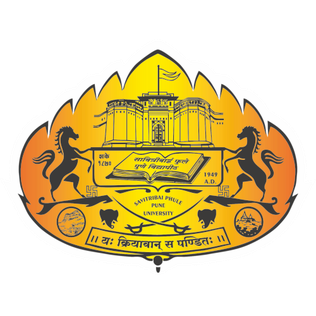This Development Plan is provided with a view to facilitate personal development along with academic development during the programme of five years in an incremental manner. Assessing such student’s potential and capability to suit the programme and the profession is uniquely carried at AESIMR MBA++, Pune through the written entrance examination followed by Group Discussion and Personal Interview.
In a country like India, which is still developing, ’employability’, despite having higher professional education still remains a question. Right mix of knowledge, skills and values, in this context, could usher in a positive transformation in the student. Alongside, the professional skills, other skills such as people skills, life skills, team skills and most of all communication skills are required. While combined with right knowledge and ethical business values. During the commencement of the programme, Head of the Institute presents the development plan to the new students and offers the possible milestones year-wise. This is offered with a mix of goals and achieving choices mixing community building, social justice, diversity, international perspective and spiritual exploration.
In order to prepare students to enter the workforce or further their education, two-year college programs MBA++ provide experiences that go beyond Business knowledge alone to develop other critical skills necessary for effective and productive professionals. Strategies for helping students acquire skill sets needed for successful careers include offering courses dedicated to student skills, integrating student-skill-focused activities into regular curricular offerings, and engaging students in research and internship experiences. Regardless of the approaches used, programs should also assess student skills and adjust the curriculum as needed to maximize their development.
The curriculum should include the skills and knowledge of greatest importance to the program’s partners. Hands-on experience should be emphasized and employability skills, such as troubleshooting, searching and interpreting chemical literature, laboratory safety, communication, teamwork, and ethics should be integrated into the curriculum. Students should achieve a mastery of these and other skills required by employers prior to graduation.
Problem-solving and Critical Thinking Skills
Business education should develop students’ ability to objectively analyze and evaluate information—identifying information of value, integrating new facts into their existing body of knowledge, and developing appropriate solutions to problems. Students should be able to define problems clearly, develop testable hypotheses, design and execute appropriate experiments, analyze data, and draw appropriate conclusions. Students should use appropriate laboratory skills and instrumentation to solve problems while understanding the fundamental uncertainties in experimental measurements.
Communication Skills
Effective communication is vital in all careers. Since speech and English composition courses alone rarely give students sufficient experience in the oral and written communication of technical information, the Business curriculum should include writing and speaking opportunities, and the Business faculty should evaluate them critically. Students should be able to:
Present information in a clear and organized manner Create visual representations of complex data sets Write well-organized and concise scientific reports in a scientifically appropriate style Cite sources properly Use appropriate technology, such as poster preparation software, word-processing software, chemical structure drawing programs, and computerized presentations
Team skills
Solving problems and addressing chemical challenges often involves multidisciplinary teams, and teamwork and leadership skills are critical to success in the workplace. Students should be able to work effectively in a diverse group of peers, as both leaders and team members, to solve problems and interact productively.
As team members, students should learn to work toward a team goal, support teammates, and collaborate on the development of a group plan. Team members should be able to achieve a shared vision, provide productive ideas and feedback, carry out specific assignments, and trust other team members to do the same.
As team leaders, students should be able to provide a clear direction for the team, encourage team contributions, and synthesize individual contributions into a complete product. Team leaders should be able to resolve conflicts, inspire team members, and drive for results.
The faculty should incorporate team experiences in classroom and laboratory components of the Business curriculum. Team experiences should be structured so that all students have the opportunity to develop both leadership and team skills.
Personality Development Programme:
The training is conducted in a very informal, interesting, and interactive manner, exposing students to a wide variety of issues, and situations that they are likely to come across as entry-level managers. The objectives of the programme are: To build effective communication skills To enable the participants to develop their inter-personal skills, team management and leadership qualities. To develop all round personality with a mature outlook to function effectively in different circumstances. To take part effectively in various selection procedures adopted by the recruiters.
Extra Curricular Activities
Yoga and Meditation classes
Arts and Cultural association
Debating club
Entrepreneurs club
Inter College cultural fest
Sports and games
Technical exhibitions



